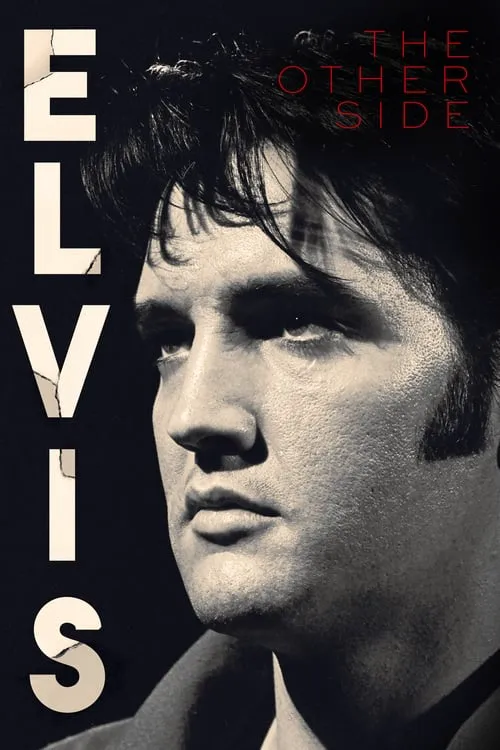Elvis: The Other Side

Trama
The movie "Elvis: The Other Side" is a biographical drama that delves into the complex and often tumultuous life of the legendary musician Elvis Presley. Born in Tupelo, Mississippi, to a poor household, Elvis's early life was marked by hardship and struggle. However, from a young age, he demonstrated a remarkable talent for music, which served as a catalyst for his meteoric rise to fame. As Elvis became an international sensation, his charisma and stage presence captivated audiences worldwide, cementing his status as the "King of Rock 'n' Roll." His music and performances brought people together, transcending generations and cultural boundaries. But beneath the glittering facade, Elvis concealed a darker side – a temperament as volatile as the music that defined his legacy. The film expertly weaves together the various aspects of Elvis's life, highlighting the contradictions that existed within him. One moment, he would be performing in sold-out concerts, his voice soaring through the night air, and the next, he would be lashing out at those closest to him, revealing the depth of his inner turmoil. His intense relationships with his family members – his mother, Gladys, and his father, Vernon – serve as a poignant backdrop to the struggles Elvis faced in his personal life. Throughout the film, the cinematography is rich and evocative, conjuring the glamour of Elvis's Las Vegas residencies in the 1970s. But this façade of opulence and excess also serves as a thinly veiled commentary on the emptiness that had begun to consume Elvis. His spiral into addiction is depicted with brutal honesty, illustrating the destructive path that he traveled, fueled by a cocktail of pills and self-doubt. One of the most striking aspects of "Elvis: The Other Side" is its nuanced portrayal of the artist's spiritual pursuits. As he delves deeper into Eastern spirituality and the teachings of the occult, Elvis's quest for meaning and purpose becomes increasingly intense. This is a pivotal moment in the film, for it marks a turning point in Elvis's life when the pressures of fame and the relentless pace of his career begin to overwhelm him. As the years pass, Elvis's descent into darkness accelerates, fueled by the relentless pursuit of stardom and the crippling grip of his addiction. The once-vibrant and dynamic star begins to fray around the edges, his performances becoming less assured, his relationships more strained. His health begins to deteriorate, but this is not simply a physical decline; it is also an acknowledgment of the emotional toll that Elvis has paid throughout his life. The film's portrayal of Elvis's relationship with Priscilla Presley – his wife, whom he married in 1967 – is a particularly poignant aspect of the narrative. Their romance is depicted as all-consuming, but also ultimately doomed by the pressures of Elvis's fame and his own personal demons. As the years go by, their relationship becomes increasingly strained, a victim of Elvis's increasing isolation and his inability to cope with the expectations placed upon him. The final act of the film is a haunting and elegiac portrayal of Elvis's final years, as he grapples with the consequences of his choices and the cruel indifference of the world around him. The film's climax is a poignant and understated tribute to the enduring legacy of a man whose life was both a triumph and a tragedy. "Elvis: The Other Side" is a film that refuses to sentimentalize its subject, opting instead for a nuanced and unflinching portrayal of the King's complex and often heartbreaking story.
Recensioni
Raccomandazioni


